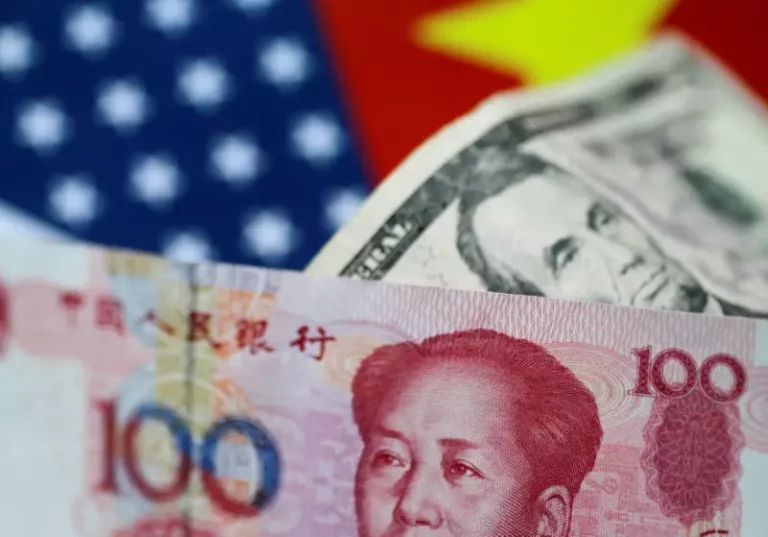The Yen’s Volatility: A Watchful Eye on Currency Trends

In the complex world of foreign exchange, the dynamics of the Japanese yen have caught the attention of both investors and policymakers. Atsushi Mimura, Japan’s top currency diplomat, recently underscored the authorities’ diligence in monitoring market behaviors, particularly noting a potential resurgence of yen carry trades. These trades involve borrowing the yen at low interest rates to invest in higher-yielding currencies, an attractive strategy that has previously contributed to the yen’s depreciation. As mentioned in a recent interview with NHK, Mimura expressed concern that if these trades gain momentum once more, it could lead to increased volatility in the market, a factor that both the government and individuals must be cautious about.
Mimura highlighted an interesting aspect regarding the current state of yen carry trades—many of the positions established in the past have been largely unwound. This unwinding process was catalyzed in part by the Bank of Japan’s (BOJ) decision to adjust short-term interest rates earlier in July. As a result, the yen experienced a notable rebound, signaling a shift in investor sentiment. However, what remains to be seen is whether this trend will stabilize or if it will give way to another phase of volatility, driven by renewed carry trading as investors chase better returns in other currencies.
The pivotal role of central banks in economic stability cannot be understated. While Mimura emphasized the Ministry of Finance’s readiness to intervene should there be significant fluctuations, it raises the question of how effective such interventions can be in a global market influenced by myriad factors. The BOJ’s ultra-low interest rate policy has been a cornerstone of Japan’s economic strategy for years, yet it also sets the stage for imbalances as investors seek yield elsewhere. The delicate balance between fostering growth and curbing excessive speculation remains a challenge for policymakers.
Another critical point raised by Mimura relates to the broader implications of currency fluctuations for Japanese households and businesses. Volatile currency movements can have disruptive effects on economic confidence, affecting everything from trade balances to inflation rates. Japanese companies, especially those engaged in international trade, feel the brunt of yen fluctuations, making it essential for the government to navigate these waters with caution. The potential for adverse outcomes necessitates a proactive stance, ensuring that economic fundamentals are preserved amidst growing market pressures.
As Mimura and his team keep a vigilant watch on the currency markets, the question arises: can Japan sustain a stable economic environment given these challenges? With the international economic landscape shifting rapidly and the specter of inflation looming, the stakes are higher than ever. The unfolding story of the yen will remain a focal point for policymakers and investors alike as they seek to understand and mitigate the forces shaping currency trends in this uncertain terrain. The balance between intervention and market forces will ultimately define the path ahead for Japan’s economy.





